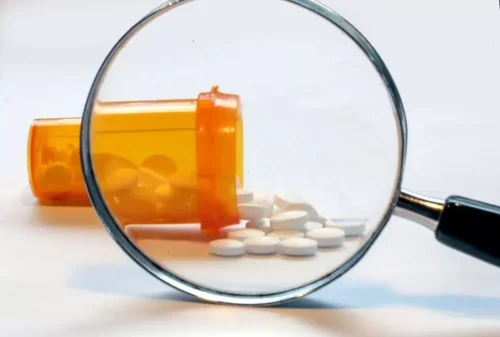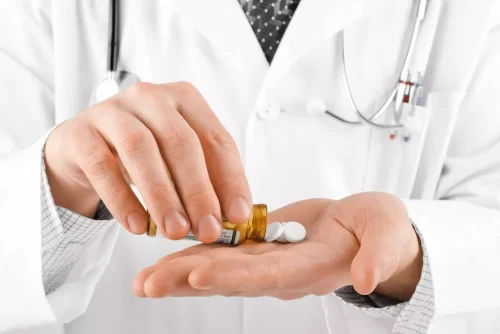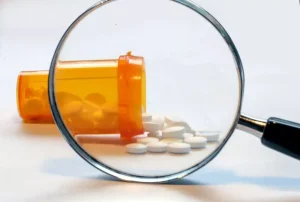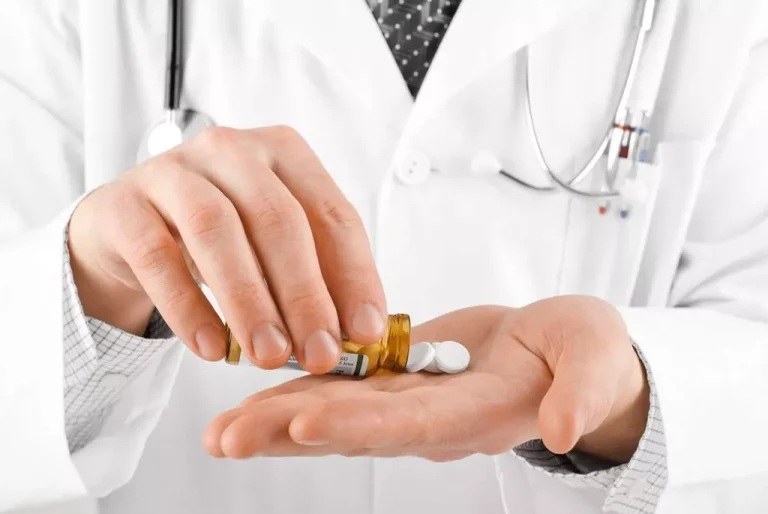
In some people, alcohol can also cause an allergic reaction that results in congestion. Having a runny or stuffy nose after a drink may easily be mistaken for alcohol allergy symptoms, but it is actually a sign of alcohol intolerance. The chemicals present in alcoholic beverages may contribute to nasal congestion or a runny nose. To help prevent nasal congestion after drinking alcohol, it is important to drink responsibly.

What is the best alcohol for alcohol intolerance?
Even those who only deal with nasal congestion from alcohol Alcoholics Anonymous can benefit from Sunset’s ingredients. It could also be that alcohol has a natural side effect to make people congested. Alcoholic drinks have a natural vasodilatory effect which expands blood vessels. So while you might feel hot and sweaty the next time you have a few beers, you body temperature is actually much lower than normal. As always, it’s also important to drink in moderation and avoid binge drinking, which could make the health risks even more likely.

Trigeminal Neuralgia or Prosopalgia or Fothergill’s Disease: Causes, Treatment- Surgery
Recognising them is the first step in figuring out what’s causing the sudden intolerance and how you can manage it moving forward. If you’re interested, we go into further detail about these symptoms in our more general article about alcohol intolerance. You head out with friends, expecting the usual fun night, but instead, one drink leaves you flushed, nauseous, or struggling to breathe.
Why Does Red Wine Make Me Congested?
- Touch base with your doctor, too, if you’re experiencing facial pain or pressure, or abnormal nasal discharge or bleeding.
- Inferior turbinate hypertrophy is a benign condition that can cause congestion when you’re trying to sleep.
- Depending on how much alcohol you’ve consumed, the congestion could be short-term and last about an hour or two after drinking.
- In this video, we take a look at why red wine can cause congestion and some ways to prevent it.
- There is some debate over whether or not tannin sensitivity can actually cause headaches and stomach pain.
- To combat the effects of alcohol on your nose and sinuses, you can try OTC nasal sprays such as fluticasone or azelastine.
There are no treatments for alcohol intolerance, but avoiding alcoholic beverages is the best way to prevent symptoms. This genetic condition means that you experience negative symptoms when drinking why do i get a stuffy nose when i drink alcohol alcohol because your body is unable to process it properly. Because the body can’t break down alcohol, it’s toxic byproducts flood the system and accumulate with each drink you have. Symptoms such as nasal congestion, nausea, headaches, and shortness of breath may be experienced as a result of alcohol exposure. You should also consider avoiding certain types of alcoholic beverages, as they may contain higher concentrations of allergens or irritants.

Normally this enzyme helps metabolise alcohol until it’s completely eliminated from the body. However, in those with this liver enzyme deficiency (sometimes referred to as an ALDH2 deficiency) a toxic byproduct begins to build up in their system. You can read the in-depth Expert’s Guide to Breaking down Acetaldehyde to find out more about this harmful chemical. With some helpful science-backed solutions, you don’t have to let alcohol fatigue ruin an otherwise enjoyable night out. Alcohol affects your face and skin in general by enlarging both pores and blood vessels.

With proper management, people with wine allergies can still enjoy their favorite drinks. Make sure you avoid alcohol intake with any other medications, as there can be interaction between the two. This too, can trigger allergic reactions causing stuffy nose when you drink alcohol. It can also cause more serious problems, requiring immediate medical help. But not many people realize that there are many ingredients, additives, and preservatives within alcoholic beverages that can cause negative side effects.
Typically those problems would cause symptoms during other times of the day too. If you’re experiencing similar changes after starting a new medication, it might be time to have a chat with your doctor or pharmacist. These are just a few examples of how changes in your health can turn alcohol into an unexpected problem. If you think a new health issue might be to blame, it’s crucial to get a proper diagnosis from a healthcare professional. This is because the tissue in your nose is very sensitive and can be easily damaged by alcohol.

